Nutrition for Athletes: Fueling Performance and Recovery
Hey there, my young and energetic friends of 2024! It’s your sports nutrition coach from the past, Nita Sharda, here to take you on an exciting and informative journey into the world of nutrition for athletes – the secret ingredient to fueling your best performance and recovery!
Now, I know that the words “nutrition” and “athletes” might sound a little intimidating or even boring at first, like something only grown-ups or professional athletes talk about. But trust me, once you understand how the right foods and drinks can help you feel your best, play your best, and recover your best, you’ll be excited to make nutrition a key part of your sports routine!
So, are you ready to become a nutrition MVP and learn about all the delicious and powerful ways you can fuel your body for success? Let’s get started!
Why is Nutrition Important for Athletes?
First things first, let’s talk about why nutrition is so important for athletes like you. When you’re playing sports or being active, your body is working hard to move, jump, run, and perform all sorts of amazing feats. And just like a car needs the right kind of fuel to run its best, your body needs the right kind of food and drink to perform at its peak.
Think of it this way: if you put low-quality gas in a high-performance sports car, it might still run, but it won’t run as well or as efficiently as it could. The same goes for your body – if you’re not giving it the high-quality fuel it needs, you might still be able to play and compete, but you won’t be able to perform at your absolute best.
So, what kind of fuel does your body need to be a sports superhero? Let’s break it down:
Carbohydrates: Your Body’s Main Fuel Source
Carbohydrates are like the gasoline of your body – they provide the main source of energy for your muscles and brain during exercise. When you eat carbohydrates, your body breaks them down into a simple sugar called glucose, which is then stored in your muscles and liver as a substance called glycogen.
During exercise, your body taps into these glycogen stores to provide quick and easy energy for your working muscles. The longer and more intense your exercise is, the more glycogen your body will use up.
So, what are some good sources of carbohydrates for athletes? Here are a few examples:
- Whole grain bread, pasta, and cereals
- Fruits like bananas, oranges, and apples
- Starchy vegetables like sweet potatoes and corn
- Legumes like beans and lentils
- Low-fat dairy products like milk and yogurt
Aim to include a serving of carbohydrates at each meal and snack, and pay special attention to your carbohydrate intake before, during, and after exercise (more on that later!).
Protein: The Building Block of Muscles
Protein is another important nutrient for athletes, as it helps to build, repair, and maintain your muscles. When you exercise, especially when you do resistance or strength training, you create tiny tears in your muscle fibers. Protein helps to repair these tears and make your muscles stronger and more resilient over time.
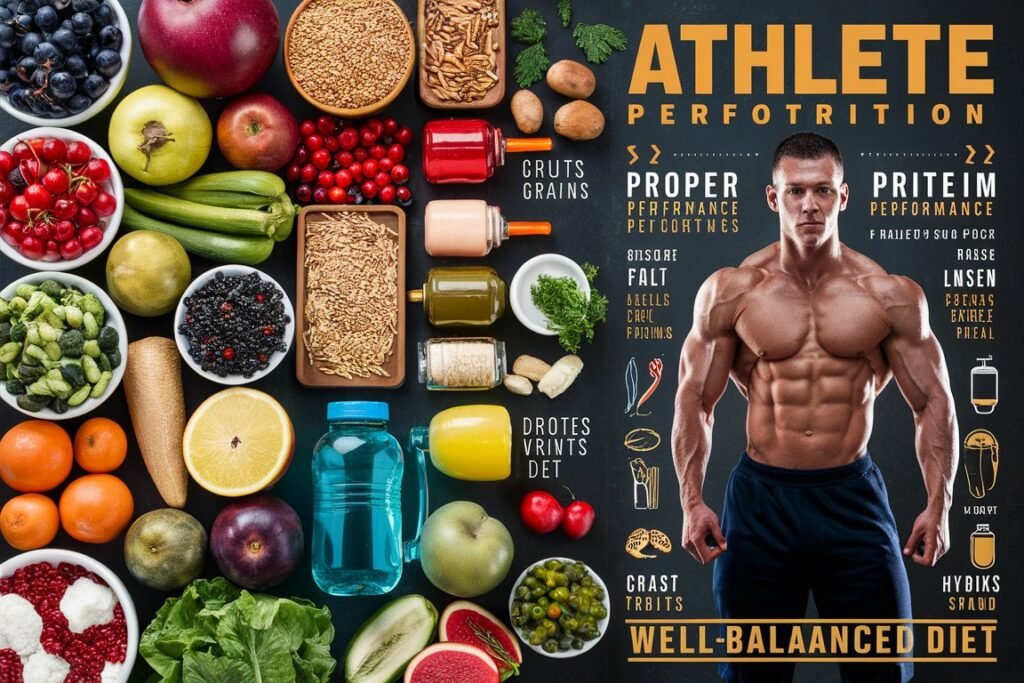
Good sources of protein for athletes include:
- Lean meats like chicken, turkey, and fish
- Eggs
- Low-fat dairy products like milk, yogurt, and cottage cheese
- Legumes like beans, lentils, and tofu
- Nuts and seeds
Aim to include a serving of protein at each meal and snack, and pay special attention to your protein intake after exercise to help with muscle recovery and growth.
Fats: A Key Player in Overall Health
While carbohydrates and protein tend to get most of the attention when it comes to sports nutrition, healthy fats are also an important part of a balanced diet for athletes. Fats help to absorb certain vitamins, support brain health, and provide long-lasting energy for low-intensity exercise.
Good sources of healthy fats for athletes include:
- Nuts and seeds like almonds, walnuts, and chia seeds
- Avocados
- Olive oil and other plant-based oils
- Fatty fish like salmon and tuna
Aim to include a serving of healthy fats at each meal and snack, but be mindful of portion sizes, as fats are more calorie-dense than carbohydrates and protein.
Hydration: The Often-Overlooked Nutrient
Last but certainly not least, let’s talk about the importance of hydration for athletes. Water is essential for so many functions in your body, including regulating your body temperature, transporting nutrients and oxygen to your muscles, and removing waste products.
When you exercise, you lose water through sweat, which can lead to dehydration if you’re not replacing those fluids. Even mild dehydration can cause fatigue, headaches, and decreased performance, so it’s important to stay on top of your hydration game.
So, how much water should you be drinking as an athlete? A good general rule of thumb is to aim for at least half your body weight in ounces of water per day. For example, if you weigh 100 pounds, you should aim for at least 50 ounces (or about 6 cups) of water per day.
But when you’re exercising, you’ll need even more water to replace what you’re losing through sweat. Here are some tips for staying hydrated during exercise:
- Drink 16-24 ounces of water 1-2 hours before exercise
- Drink 8-16 ounces of water every 15-20 minutes during exercise
- Drink 16-24 ounces of water for every pound of body weight lost during exercise
In addition to water, you can also stay hydrated with other fluids like sports drinks (which contain electrolytes and carbohydrates), coconut water, and fruit juice. Just be mindful of the added sugars in some of these drinks, and always prioritize water as your main hydration source.
Timing is Everything: Nutrition Before, During, and After Exercise
Now that we’ve covered the main nutrients that athletes need to fuel their performance and recovery, let’s talk about when to eat and drink for optimal results.
Before Exercise
What you eat and drink before exercise can have a big impact on your energy levels, performance, and comfort during your workout. Here are some general guidelines for pre-exercise nutrition:
- Eat a balanced meal containing carbohydrates, protein, and healthy fats 2-4 hours before exercise
- If you’re eating closer to your workout (within 1-2 hours), choose lighter, more easily digestible options like a banana with peanut butter or a small bowl of oatmeal
- Drink 16-24 ounces of water 1-2 hours before exercise to ensure you’re well-hydrated
During Exercise
What you eat and drink during exercise will depend on the length and intensity of your workout. For shorter, lower-intensity workouts (less than an hour), water is usually sufficient to stay hydrated. But for longer, higher-intensity workouts (more than an hour), you may need additional carbohydrates and electrolytes to maintain your energy levels and replace what you’re losing through sweat.
Here are some options for fueling during longer workouts:
- Sports drinks containing carbohydrates and electrolytes
- Energy gels or chews
- Fruit like bananas or oranges
- Pretzels or other salty snacks (to replace lost sodium)
Aim to consume 30-60 grams of carbohydrates per hour of exercise, and drink 8-16 ounces of water or sports drink every 15-20 minutes.
After Exercise
What you eat and drink after exercise is just as important as what you consume before and during your workout. The main goals of post-exercise nutrition are to:
- Replenish glycogen stores
- Repair and rebuild muscle tissue
- Rehydrate
To achieve these goals, aim to eat a balanced meal containing carbohydrates and protein within 30-60 minutes of finishing your workout. Some good options include:
- A smoothie made with fruit, yogurt, and protein powder
- A turkey and cheese sandwich on whole grain bread
- A stir-fry made with rice, vegetables, and lean protein like chicken or tofu
In addition to eating a balanced meal, be sure to drink plenty of water or other hydrating fluids to replace what you lost through sweat.
The Mental Game: How Nutrition Can Impact Your Mindset
So far, we’ve focused on how nutrition can impact your physical performance and recovery as an athlete. But did you know that what you eat and drink can also have a big impact on your mental game?
That’s right – the foods and beverages you consume can affect your mood, focus, and overall mindset, which can in turn impact your performance on the field or court.
For example, studies have shown that dehydration can lead to decreased cognitive function, including poor concentration




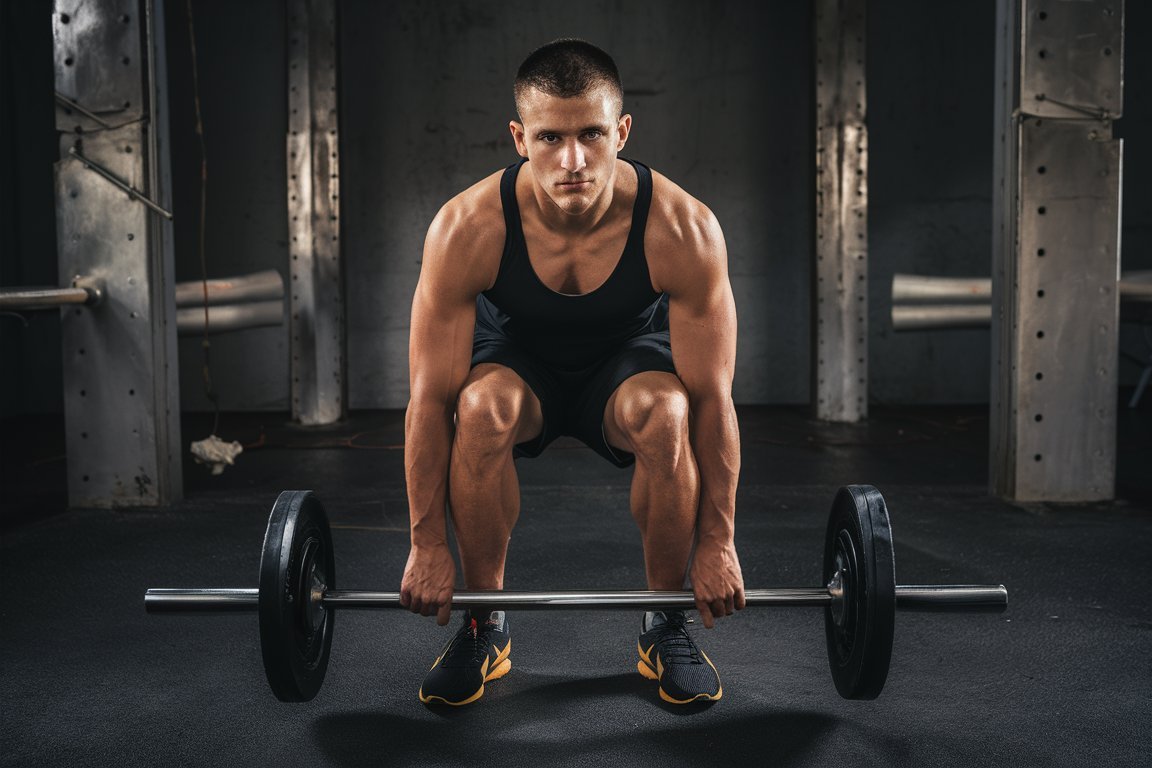
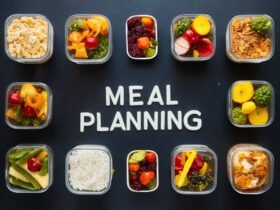



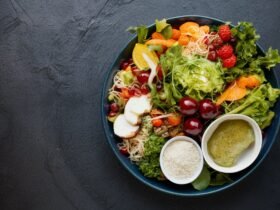

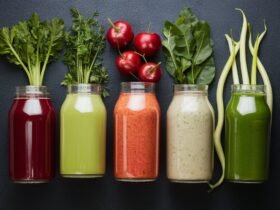
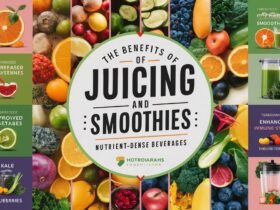
Leave a Reply